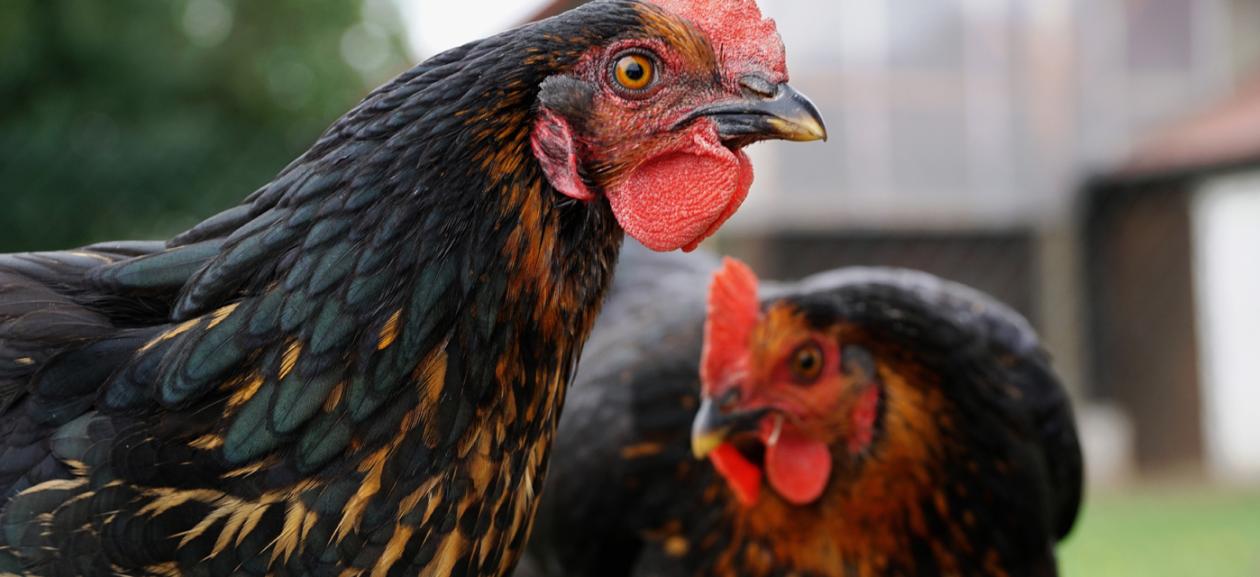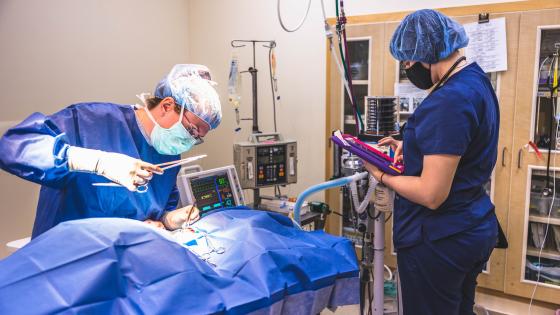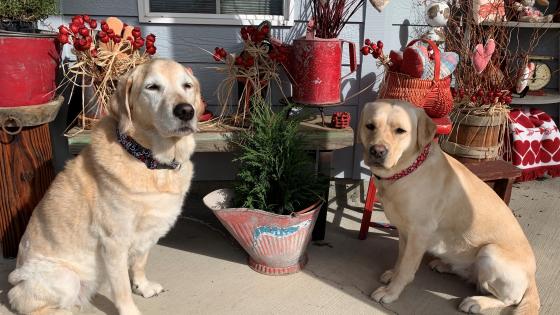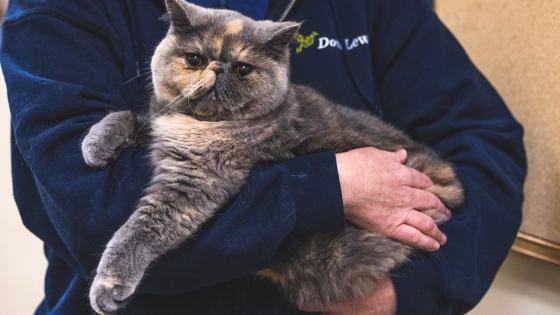
Warm Weather Safety Tips for Urban Farm Animals
While urban farm animals – like chickens, goats, and rabbits – are more accustomed to the changing outdoor temperatures, they still need some assistance to remain safe and cool during extreme summer temperatures. Here are several tips for keeping your outdoor pets safe in the heat, as well as potential signs of heatstroke.
CHICKENS
- Make sure they have plenty of access to clean, cool water.
- Let them eat juicy fruits and vegetables, like watermelon and cucumber. This will also help them stay hydrated.
- Make sure they have access to shade. If necessary, string up fabric, a blanket, or a tarp in your backyard to provide them with shade.
- Provide an area with dry, loose dirt where the hens can take dust baths. They’ll wallow down until they reach cool soil.
- Make sure your coop is well-ventilated. Windows and open spaces help with the airflow.
- Mist your chickens with cool water, or provide a gentle sprinkler system or misting system in their yard or pen area. Do not dump large amounts of water on them or submerge them in water.
- Signs of heatstroke in a chicken:
- Panting with wide-open mouths continuously
- Pale comb or waddle
- Spreading wings away from the body
- Refusing to eat or drink
- Diarrhea
- Lethargy
- Seizures or convulsions
RABBITS
- If possible, keep rabbits inside on hot days. Keep a close eye on rabbits, especially older ones. They are very susceptible to heatstroke.
- Make sure they have plenty of access to clean, cool water.
- Make sure they have access to shade. If necessary, string up fabric, a blanket, or a tarp in your backyard to provide them with shade.
- Dampen the rabbit’s ears and body with cool water. Do not submerge the rabbit in water.
- Make sure their outdoor hutch is well-ventilated.
- Avoid handling your bunny as much as possible in extreme heat. This could lead to added stress.
- Place a refrigerated ceramic tile or piece of marble in their hutch. These stay cool for a while, and rabbits like to lie on them.
- Keep a close eye on rabbits, especially older ones, in hot weather. They are very susceptible to heatstroke.
- Signs of heatstroke in a rabbit:
- Reddening of the ears
- Panting
- Lethargy
- Salivating
- Weakness/slow movement/reluctance to move
- Seizures or convulsing
- Poor response to stimulus
GOATS AND SHEEP
Goats and sheep are more tolerant of heat than other livestock, but they still require special attention on hot days.
- Make sure they have plenty of access to clean, cool water. They will drink more on a hot day, so check their water supply often and refill if needed.
- Make sure they have access to shade. If necessary, string up fabric, a blanket, or a tarp in your backyard to provide them with shade.
- If your goat is interested, mist or sprays them with cool water. Start misting their legs first, rather than drenching their entire body at once. (Some goats don’t like water. Do not force them, because it can cause more stress.)
- Signs of heatstroke in a goat or sheep:
- Continual panting
- Rapid breathing
- Weakness and inability to stand
Heatstroke can be fatal if not treated quickly. If your pet shows signs of heatstroke, visit your veterinarian immediately or call DoveLewis Veterinary Emergency and Specialty Hospital at 503-228-7281.




